MP SPEAKS | Twenty-five years ago, on April 4, 1999, the Parti Keadilan Nasional was formed to provide a political platform to the Reformasi movement that had been born mere months before.
There was a lot of excitement, but also uncertainty. While Reformasi had a profound impact on national discourse, few believed that multiracial politics stood a chance in Malaysia, particularly with the Malay electorate.
Umno’s founding president Onn Jaafar attempted to form a multiracial Independence of Malaya Party in 1951 but reverted to Malay nationalism when voters rejected this.
A group of intellectuals and politicians founded Gerakan as a liberal multiracial party in 1968 but failed to gain significant support among the Malays.
Gerakan founders Tan Chee Khoon and Syed Hussein Alattas then formed Parti Keadilan Masyarakat - a multiracial party that consciously tried to reach out to the Malay voters, but that did not last long either.
Four years later, on Aug 3, 2003, the party merged with the Parti Rakyat Malaysia, a small but long-established progressive nationalist party formed before Malaya’s independence.
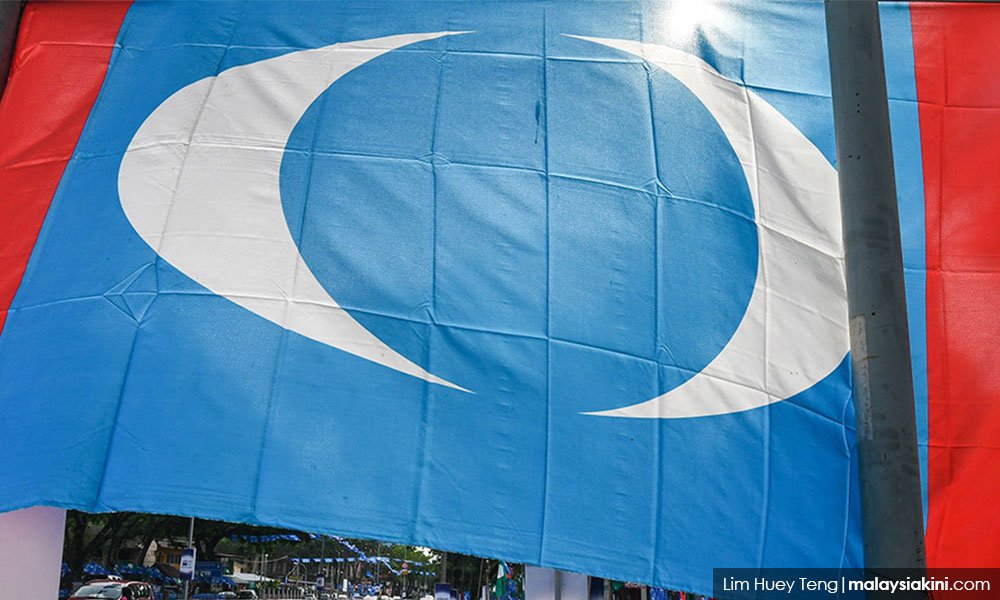
When I became active in the party in 2005, PKR had a single seat in Parliament. After struggling electorally in the early days, in 2008 PKR increased its parliamentary presence to 31 seats as the opposition denied the ruling BN coalition a two-thirds majority in the lower house.
PKR also helped to create the Pakatan Rakyat (PR) coalition with DAP and PAS, which was able to form governments in four states along with the traditional PAS stronghold of Kelantan.
Navigating political currents
A decade after that, in 2018, PKR was part of the Pakatan Harapan coalition that swept into Putrajaya, the first time BN lost power at the federal level. Party president Dr Wan Azizah Wan Ismail became Malaysia’s first female deputy prime minister.
In 2022, Anwar Ibrahim, whose sacking as deputy prime minister in 1998 had triggered the Reformasi movement, became prime minister.
Throughout its 25-year existence, PKR has embodied various political currents. In 1999, it rode on the dissatisfaction of Malays throughout the peninsula over the sacking of Anwar, although PAS, with its established political machinery, was able to capture more seats.
In 2008, it gained support from non-Malay anger in the urban areas due to Umno’s hardline stances and PKR’s critique of the abuses of the New Economic Policy. This base expanded to urban Malays in 2013 and 2018.
PKR has also been able to make major inroads in Borneo. In fact, the party’s first non-Malay legislator was Dominique Ng, when he won Padungan in the 2006 Sarawak state election.
Anwar’s call for making Malaysia Day a national holiday was derided in 2008, but this was adopted nationally two years later.
In 2018, PKR made inroads in Iban, Bidayuh and Orang Ulu seats in Sarawak. After Selangor, Sabah and Sarawak provide the second and third most members to the party, respectively.
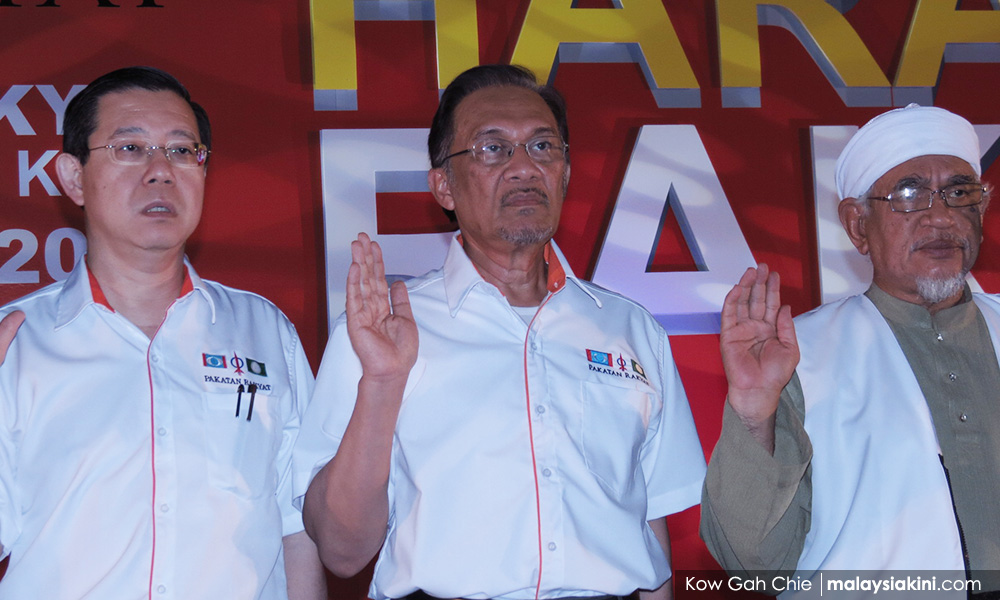
Many tough calls had to be made. From its establishment, PKR had always worked closely with PAS, especially during the leadership of Fadzil Noor and Nik Abdul Aziz Nik Mat.
However, realising the difficulty of cooperation with PAS, it made the difficult decision to leave PR and form Harapan, although many argued that this meant PKR would go into oblivion.
The party reached out to the public and built a voluntary election machinery outside the party structure, utilising technology with Invoke in 2018.
Generational renewal
Realising the need to break the stranglehold of party warlords and money politics, we became the first major political party in the country to introduce one-member one-vote in 2010, and despite the various challenges, we have held on to that principle until today.
At the same time, the party lowered the Youth age limit from 40 to 35, which was strongly protested by many youth members at the time, but this has ensured that the generational renewal in the party is a continuing process.
The challenges the party faced during its first two decades were the attendant difficulties of being in the opposition and facing an authoritarian regime: struggles in attracting members and building party machinery, leaders and activists being arrested and imprisoned, as well as a lack of access to the mainstream media.
There were hotly debated questions on strategy, on (as noted) who to choose as allies as well as the problems of unity and discipline all Malaysian parties have faced without exception.
Challenges of delivering reform agenda
The challenge today for PKR - which is now in the federal government and supplies the prime minister - is the test of power. It’s about how we can deliver our reform agenda in a diverse post-election coalition without alienating our progressive base, upholding our ideals of social justice in a tight fiscal situation, and remaining in touch and step with the people while in Putrajaya.
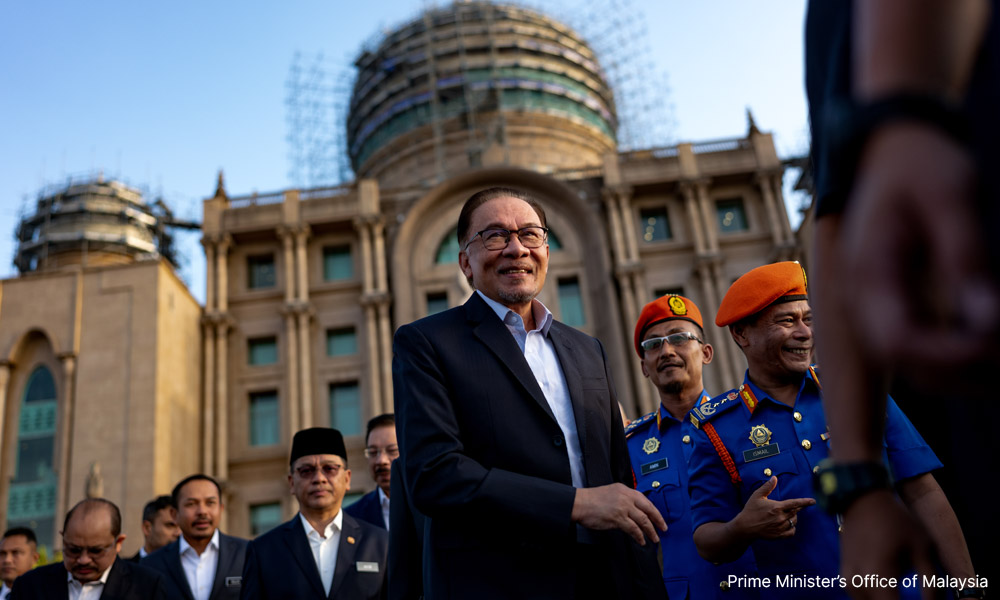
It’s a difficult task. Many other parties - not only in Malaysia but worldwide - have failed. Nobody can tell what the future will bring - and so PKR, in government, must work to ensure Malaysia progresses and the people’s livelihoods improve under our watch.
We must plan and govern for the future, as much as for the here and now. Issues like how Malaysia is to respond to climate change, the rise of artificial intelligence and digitalisation, as well as challenges to energy security and cost of living must be dealt with urgently.
A multiracial party first
PKR, to me, has three core pillars. First, we are deeply rooted in the people as a multiracial party. Second, we are wedded to social justice and upholding the Constitution. Finally - Reformasi - pushing for institutional and economic reforms, is embedded in the party’s DNA.
Taken together, the way forward for the party is arguably to resist both elitist and populist impulses, no matter how easy or profitable they may seem. Whether navigating Malaysia’s identity politics or ensuring economic growth for all sectors of our society, PKR must think in the wider national interest.
While some parties can gain political support by playing to their racial and religious base, as a party with over a million members from various backgrounds, we have no choice but to engage in a national conversation to come to our positions. That is the only way to run Malaysia.
This sometimes means the tasks before us are harder than if we were to adopt popular routes. And it may often disappoint even our supporters. That is why the need to be of, with and for the people - is so crucial.
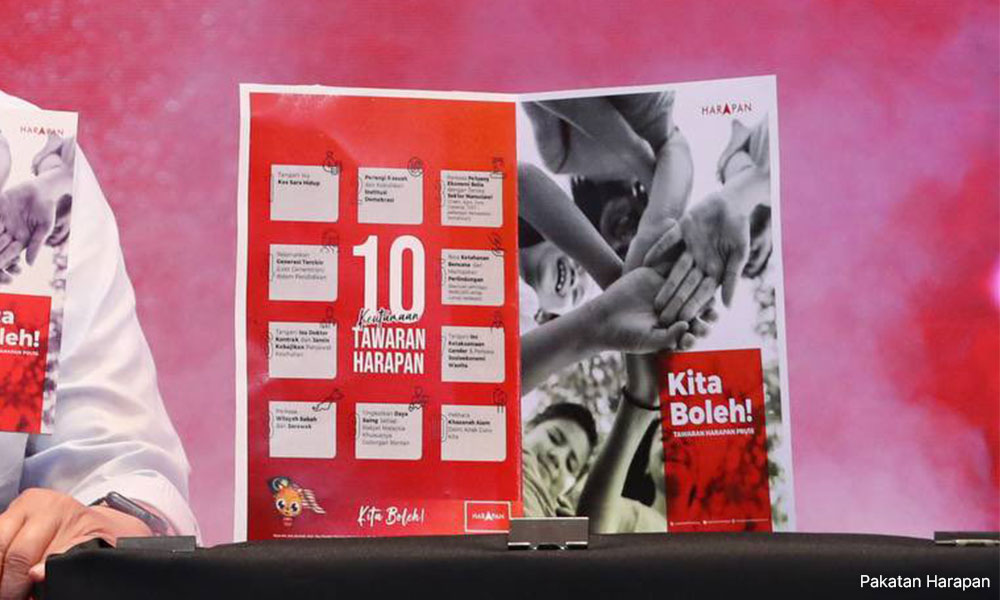
Despite being rejected by non-Malay voters in its first decade, PKR did not emulate Onn Jaafar’s decision to abandon multiracialism for Malay nationalism.
We must be present in their lives, as a positive force. And we must also ensure the public perception of our integrity and probity are unquestionable.
Malaysians expect much and deserve a lot from their leaders. We must realise that our behaviour and reputation will not only affect voter support for PKR but also the faith of ordinary Malaysians in multiracial democracy. This must guide our actions, policies and rhetoric.
Moving forward, we need to not only halt the inroads Perikatan Nasional appears to be making in the urban Malay seats but also bring the battle to the opposition in the suburban and rural areas, while regaining our lost ground in Borneo. We must hold on to the mixed seats that have been our base since 2008.
It may seem like we’re at risk of being stuck in the middle as the rhetoric of identity politics becomes shriller, but we have no choice but to harness our unique position and work to ensure that moderation prevails - because multiracialism is the only way Malaysia can thrive.
We also must keep working on ourselves. While the party has successfully nurtured the next generation of leaders, the process of internal rebuilding and regeneration must continue.
This year we will introduce a programme to build a new talent pool of young leaders for the party. We provided Malaysia’s first female deputy prime minister and became the first major political party in the country to be led by a woman. We need to do more to get meaningful women participation in leadership in the party.
The purpose of being in government is not self-aggrandisement but to serve the people. I repeat: we must serve the rakyat - not the other way around.
We must be present in their lives, to be their voice - a party they can trust and which upholds their values, their aspirations.
Our party arose from the people, and it must be accountable to them.
Accountability to the people
While we have the responsibility to guide, lead, educate, explain to, and move the rakyat forward, we must also never become so enamoured with the trappings of power that we become ignorant of the realities on the ground.
Service to the nation and our fellow citizens - especially the most vulnerable - must always come before our personal ambitions.
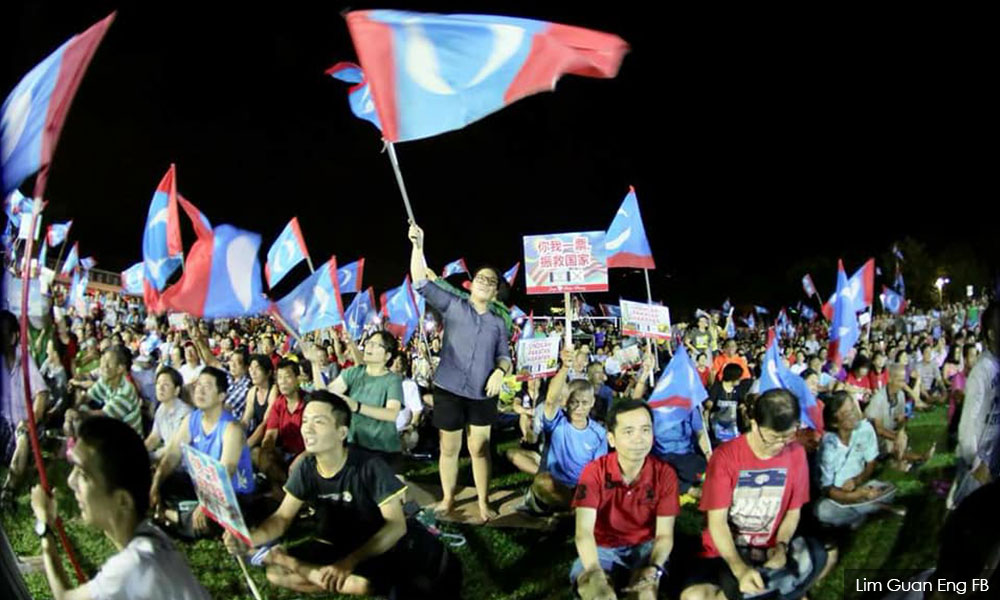
The party also owes a debt of gratitude to its ordinary members and supporters, and to all the voters who cast their ballots for us over the years. Their dedication and sacrifices were crucial to PKR’s success. This adds urgency to the need for the party to deliver for the nation.
Twenty-five years on, PKR has cemented itself as Malaysia’s most successful multiracial national party. It is blessed with a youthful leadership that not many other parties currently enjoy.
To continue to succeed and remain relevant for the next 25 years, PKR needs to navigate the challenge of being in power with purpose. - Mkini
NIK NAZMI NIK AHMAD is PKR vice-president, natural resources and environmental sustainability minister, and Setiawangsa MP.
The views expressed here are those of the author/contributor and do not necessarily represent the views of MMKtT.




No comments:
Post a Comment
Note: Only a member of this blog may post a comment.